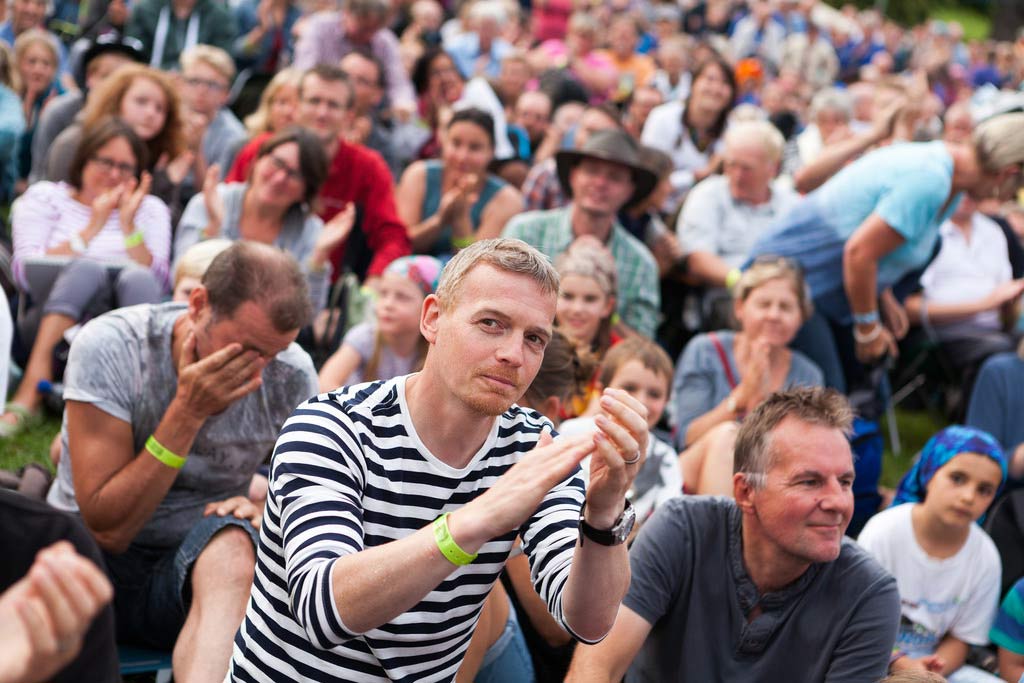A guest blog from associates, the Student Christian Movement (SCM) on how an encounter with Christian communities rooted in honesty, openness and the beautiful rhythms of liturgy helped one student rediscover faith.
I grew up in the south-eastern United States, which is often described as the ‘Bible belt’ – a small, conservative town where I tried doing the whole ‘on fire for God’ thing. I was taught to ask friends if they were going to heaven or hell after they died. I attended youth group events and invited friends with the hope of ‘saving’ them. I went on mission trips, wore a purity ring and went on prayer walks, all centred on pushing people to keep sharing the same message: judgement day was coming and there was a stark choice between heaven and hell.
I was honestly kind of a jerk.
Then, at age fifteen, I burned out. During the final worship service at a church youth camp, I suddenly thought ‘Why am I doing this?’ A few weeks later, I was told I was going to hell for disagreeing with the Sunday school teacher, and I suddenly thought about all the times I’d said similar things to classmates who I felt were out of line with God’s will. I began to understand how much it hurt to be on the receiving end of the kind of accusations I used to spout at people. I had a crisis of faith that left me scared and confused for a long time.
When I arrived at university I wanted, more than anything, to figure out who Jesus was in the first place. The small Anabaptist University (Messiah College, Pennsylvania) where I did my undergraduate degree wasn’t a bad place to start. Not only did most of my lecturers see their faith and intellectual curiosity as compatible, they were also incredibly down-to-earth people who were committed to peace, social justice, and building a more sustainable world. They were always willing to talk, and through their guidance I began to come to a new understanding of what it meant to love my neighbour. I began to look for God in places I never would have dreamed of. There was an underground community of LGBT+ students and their allies at Messiah where I eventually made many of my closest friends.
I assumed that embracing this radically accepting Jesus meant abandoning organized religion completely. Through my relationship with a very dear friend who had recently converted to Greek Orthodoxy from his Southern Baptist background, I began to understand that this wasn’t necessarily the case, and I fell in love with the beauty and rhythm of liturgy. At the heart of all this searching and all these experiences, though, was a desire for an honest community of faith, where doubt and frustration and sadness could be expressed as profoundly as moments of joy.
I first joined the SCM community as a Master’s student at the University of Edinburgh. SCM was the kind of open, honest, welcoming, and inclusive Christian community I felt I had craved for a really long time, and I soon became involved at a national level, going to almost every event that year and contributing to Movement magazine and the SCM blog. Although there were some aspects of SCM’s radical politics that scared me a bit, it felt like I had come home.
My faith has been thoroughly dismantled and rebuilt from the ground up several times over since I started university.
I’ve learned to hold doctrine more lightly while pursuing more fully the love, community, and liberation that make up the heart of Jesus’s teachings. As I said before, the emphasis that SCM puts on the interaction between faith and political activism scared me a little bit, but the more I learned from the personal stories of the people I interacted with through SCM and from workshops at events, the more I came to embrace a desire for political liberation as something woven into the very fabric of my faith.
I’m less afraid now to take risks in the relationships I build with other people, in the things I think about in my academic study, and the ideas I engage with creatively. Most recently, I’ve been able to come face-to-face with my identity as a gay Christian—something that would’ve been unthinkable for me even five years ago—and my experiences in SCM had a very large part in preparing me to be able to come out to myself and to the people in my life.
It must be possible and vital that people searching for genuine, authentic faith get the support they need to encounter who Jesus really is, and rediscover a Christian community embracing honesty, justice and life.
By Taylor Driggers. Taylor is an international student at the University of Glasgow. Hailing originally from the United States, he is currently studying for a PhD in English Literature and is involved in the SCM network in Glasgow.
Click here for the SCM website.


